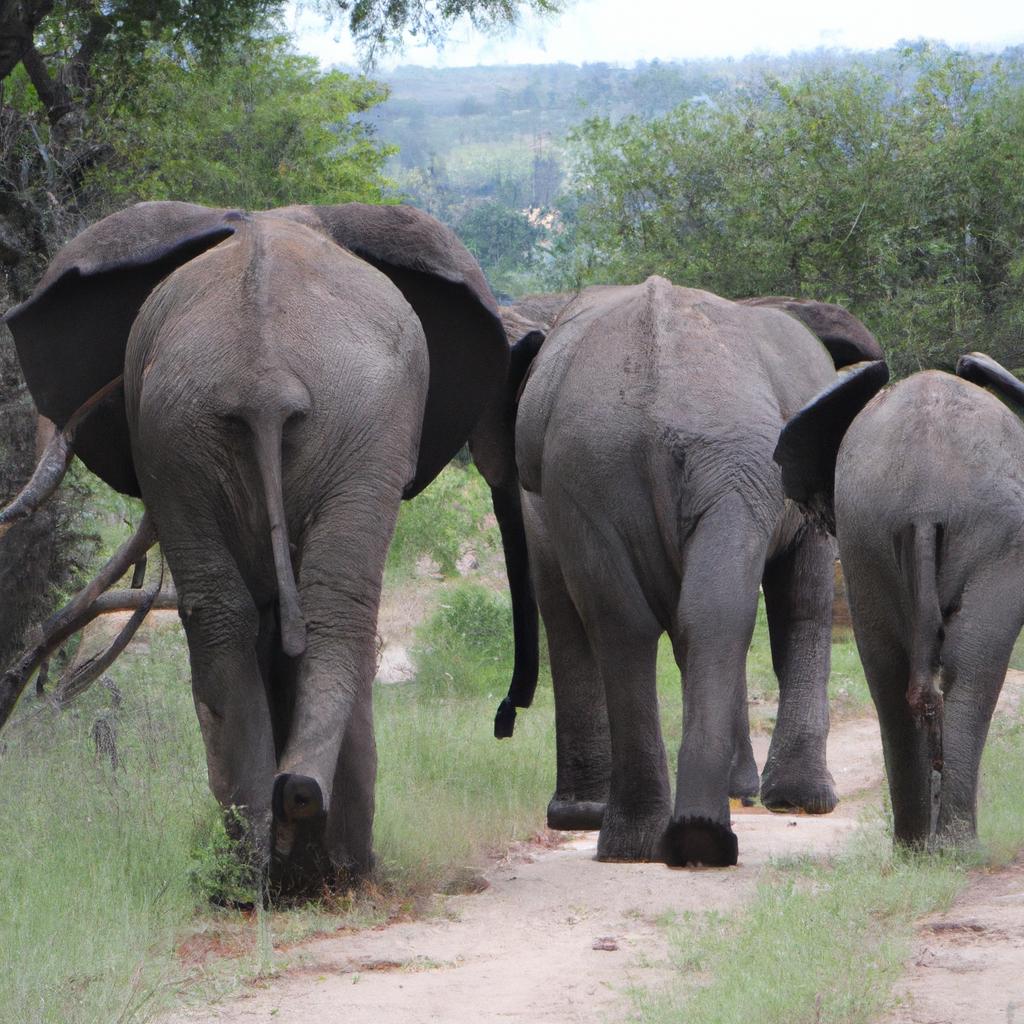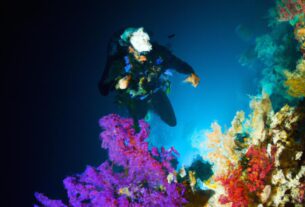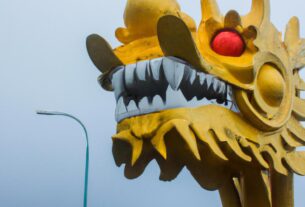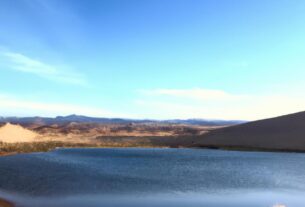If you’re seeking an extraordinary wildlife experience, look no further than Kruger National Park in South Africa. Established in 1926, this vast game reserve covers over 19,000 square kilometers and is home to an incredible array of wildlife, including the renowned Big Five: elephants, lions, leopards, rhinos, and buffaloes.
A Journey through Time
Kruger National Park has a fascinating history that dates back to the late 1800s. European adventurers first explored the area, eventually leading to the park’s official establishment by the South African government. Its primary purpose was to safeguard the region’s wildlife from hunting and poaching.
Over the years, the park has seen remarkable changes, including the implementation of anti-poaching measures and the relocation of communities living within its boundaries. Today, it stands as a well-managed conservation area that attracts millions of visitors annually. Museums and information centers provide insights into the park’s past, while sites like the Masorini Ruins offer glimpses into the area’s early Iron Age inhabitants.
Choosing the Perfect Time to Visit
Kruger National Park is a year-round destination, each season offering its own unique attractions. South Africa’s moderate climate influences the park’s vegetation and wildlife, so timing is crucial.
The dry season, from May to September, is optimal for wildlife viewing. Animals congregate around the park’s watering holes, making them more visible to visitors. The winter months of June to August are particularly advantageous for game drives, as cooler temperatures encourage greater animal activity during daylight hours.
From October to April, the wet season showcases a different side of the park. Migratory birds flock to Kruger, making it a haven for birdwatchers. Lush vegetation also offers perfect opportunities for photography enthusiasts. However, be aware that some areas may be inaccessible due to rain, and the heat and humidity can be uncomfortable for some.
A Plethora of Activities Awaits
Kruger National Park caters to every interest, ensuring an unforgettable experience for all visitors.
Embark on game drives, the most popular activity, to encounter the park’s wildlife up close. Guided drives are available, or you can explore on your own using the park’s network of roads.
For a more intimate adventure, partake in walking safaris. Accompanied by armed guides, you’ll delve into the park’s wilderness areas, learning about its ecology, geology, and history along the way.
Birdwatching enthusiasts are in for a treat, with over 500 bird species recorded in the park. Spot eagles, vultures, and hornbills while gaining insights from experienced guides.
Immerse yourself in the park’s cultural heritage through captivating cultural tours. Visit villages, museums, and historical sites to learn about the region’s history and traditions while engaging with local communities living near the park.
With its diverse range of activities, Kruger National Park appeals to families, couples, and solo travelers alike.
Finding Your Perfect Sanctuary
Kruger National Park offers a variety of accommodation options to suit all budgets and preferences. Whether you seek luxury lodges or camping sites, the park caters to your needs.
Safari lodges top the popularity charts, providing a luxurious and comfortable stay complete with amenities such as swimming pools, restaurants, and guided tours. Singita Lebombo Lodge, Lion Sands Ivory Lodge, and Sabi Sabi Earth Lodge are renowned choices.
For budget travelers, camping sites within the park offer basic facilities like toilets, showers, and communal kitchens. Satara, Lower Sabie, and Skukuza are popular campsites for those seeking an authentic outdoor experience.
Self-catering accommodation is another option, ranging from cottages to houses, offering guests the flexibility to cook their meals. Mopani Rest Camp, Berg-en-Dal Rest Camp, and Olifants Rest Camp are among the many self-catering options available.
Tips for a Smooth Adventure
To ensure a smooth and enjoyable experience in Kruger National Park, keep a few essential tips in mind.
Selecting a reputable tour operator is key. Research operators and read reviews from previous clients to gain insights into their services.
Health and safety precautions should be taken seriously. Malaria is prevalent in the region, so it’s crucial to take preventive medication before and during your visit. Applying insect repellent and wearing long-sleeved clothing will help avoid mosquito bites.
Pack lightly, bringing only essentials. Neutral-colored clothing is recommended, as it won’t attract insects or alarm wildlife. Other must-pack items include a hat, sunscreen, binoculars, and a camera to capture the breathtaking scenery and wildlife sightings.
By following these tips, your journey to Kruger National Park is certain to be an unforgettable experience.
Ready to embark on your wildlife adventure? Visit TooLacks to plan your trip to Kruger National Park, South Africa’s wildlife haven.



